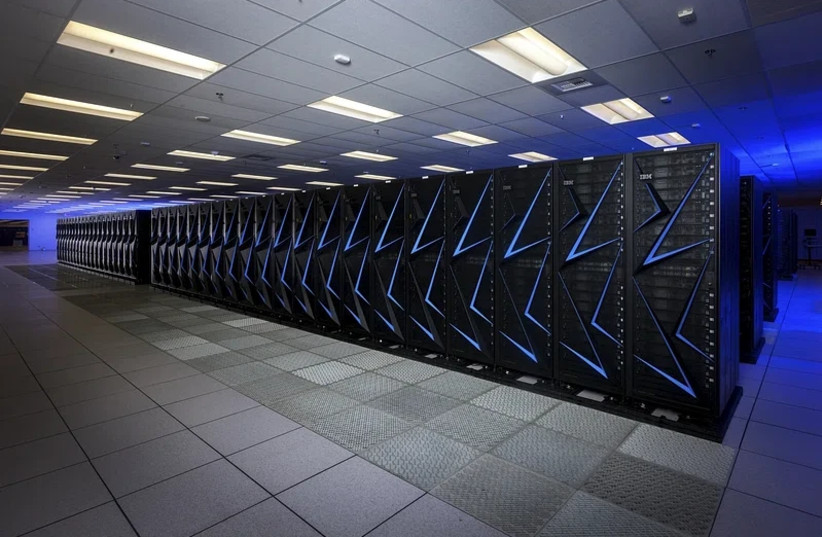Nvidia’s Israel-1 AI supercomputer has emerged as a technological marvel, completing its initial construction phase in a record-setting 20 weeks, nearly two months earlier than anticipated.
Envisioned to be one of the world’s fastest AI supercomputers and the leading system in Israel, the Israel-1 boasts impressive specifications, including eight exaflops of peak AI performance and 130 petaflops of scientific computing.
An exaflop is one quintillion floating point operations per second, while a petaflop is one thousand trillion, or one quadrillion, operations per second.
This achievement signals a paradigm shift in supercomputing, providing a powerful platform for Nvidia’s research and development teams, as well as select partners, to delve into the next wave of AI applications.
In essence, Nvidia’s progress with the Israel-1 AI supercomputer signifies a significant step forward in making powerful AI more accessible, showcasing the potential for innovations that could positively impact various aspects of our daily lives and industries on a global scale.

Nvidia CEO lauds Israel as home of AI's cutting edge
Jensen Huang, the founder and CEO of Nvidia, expressed his enthusiasm, stating, “Israel is home to world-leading AI researchers and developers creating applications for the next wave of AI. With NVIDIA’s Israel-1 AI supercomputer, a broad range of innovative companies in Israel will create AI that can transform the productivity and business models of enterprises around the world.”
The completion of the initial phase, boasting four exaflops of AI performance and 65 petaflops of scientific computing, marks the establishment of a testbed for Nvidia’s Spectrum-X. This accelerated networking platform, developed in Israel, aims to enhance the performance and efficiency of Ethernet-based AI clouds.
Gilad Shainer, senior vice president of HPC and Networking at Nvidia, commended the rapid development. “Built at an extraordinary speed, Israel-1 is now ready to empower our talented engineering groups with the power of AI. This amazing system will serve as the engine driving the creation of products and technologies that are tackling some of the world’s largest challenges.”
